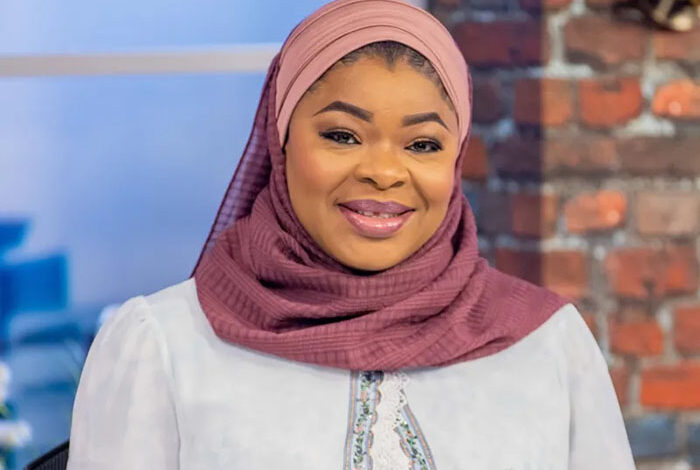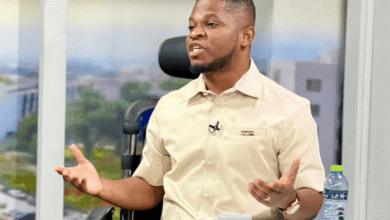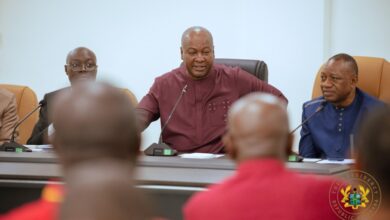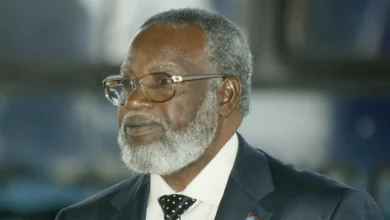Using local languages in early education is not a contested matter

Deputy Presidential Spokesperson Hajia Shamima Muslim has defended the new policy that local languages be used as a medium of instruction for early-grade pupils, describing it as a well-established and evidence-based educational practice.
Speaking on Metro TV’s Good Morning Ghana monitored by MyNewsGh, she explained that research supports the use of the mother tongue, or L1, to teach young learners.
“Research has shown that if you are able to use the language a child understands in the early grade to explain simple concepts, they are more grounded in the learning and the concepts,” she said.
Responding to critics who question the practicality of the policy, she cited a journalist’s remark during a morning show discussion.
“There is a morning show where a journalist said, ‘How do you go and teach chemistry in a local language?’”
Hajia Muslim stressed that such concerns miss the essence of the policy. “To use a language a child understands to teach the child is not a contested matter,” she noted.
“They are established matters with regard to the right ways of inculcating knowledge.”
She acknowledged that not every teacher may speak the local language but insisted that the policy must begin with those who can.
“It is a policy that we must implement, and we must start from somewhere. So start with the teachers that understand the local language in the early grade and let those teachers use the local language,” she said.
She also clarified that English will continue to be used alongside local languages. “It’s not like that’s what they’re going to use alone.
They’re teaching English, they’re teaching other subjects in English. But when you explain a concept in English, you must explain it also in the dominant language that the learners in that class understand,” she explained.





